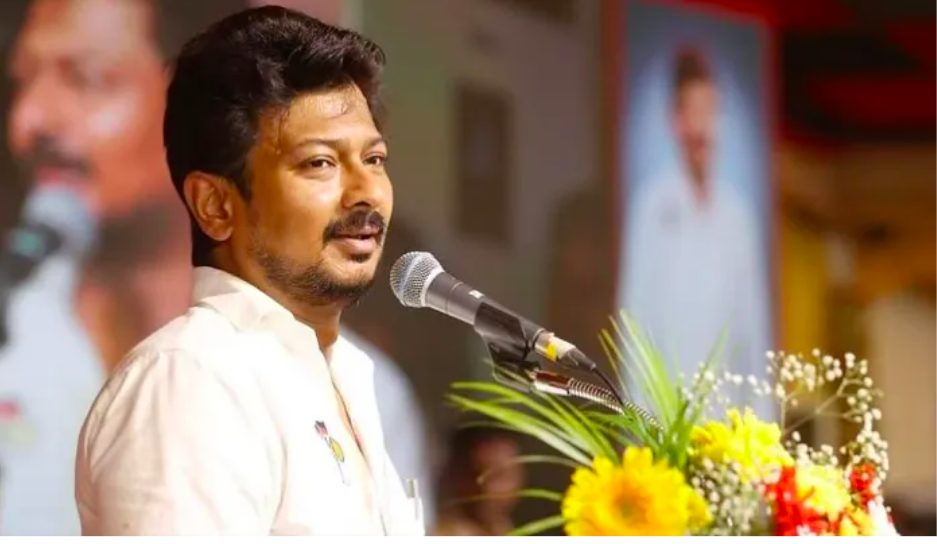
Udhayanidhi Stalin’s Controversial Remarks on Sanatana Dharma: An Examination of His Personal Brand
Udhayanidhi Stalin, the scion of the prominent political dynasty in Tamil Nadu and son of Chief Minister MK Stalin, recently sparked a major controversy with his remarks about “Sanatana Dharma.” In a political landscape full of division, these comments have fueled the fire. This article aims to examine Udhayanidhi Stalin’s personal brand, his understanding of politics, religion, and democracy, and the implications of his divisive statements.
Udhayanidhi Stalin, born on November 27, 1977, is a multifaceted individual who has made significant contributions to the Tamil film industry as a producer and actor. However, his foray into politics has made him in the national limelight. As the son of the current Chief Minister of Tamil Nadu, M.K. Stalin, and the grandson of the former Chief Minister, M. Karunanidhi, he has politics ingrained in his DNA.
Despite being born into a political dynasty, Udhayanidhi Stalin lacks the necessary qualities of a leader. He prioritises his personal agenda over the broader public’s interests, starkly contrasting what politics demands. In politics, the primary responsibility is representing and advocating for the people at large. It requires a deep understanding of public issues and the ability to transcend personal biases.
Udhayanidhi Stalin’s remarks on “Sanatana Dharma” raise questions about his understanding of India’s diverse cultural and religious fabric. India is a democratic nation that enshrines the right to religious freedom in its constitution. It is home to a multitude of religions, including Hinduism, and its strength lies in its pluralism and tolerance.
It is essential to remember that no individual or political leader has the right to dictate or interfere with the religious beliefs of its citizens. Udhayanidhi Stalin’s statements, therefore, not only lack sensitivity but also contradict the democratic principles that India upholds.
Furthermore, Udhayanidhi Stalin’s statements seem at odds with his own family’s practices. His mother, Durga Stalin, is known to be a practitioner of Hinduism. Her name itself is an ode to a Hindu goddess, Durga. This contradiction raises questions about the character and sincerity of his beliefs.
In a democratic nation, power does not lie solely in the hands of political dynasties. The rule of law and respect for the rights and beliefs of all citizens form the bedrock of any thriving democracy. Udhayanidhi Stalin’s statements contradict these principles and may alienate a significant portion of the population.
Udhayanidhi Stalin’s controversial remarks on “Sanatana Dharma” have triggered outrage and cast a shadow over his own personal brand. His understanding of politics, religion, and democracy seems to be in question. In a diverse and pluralistic country like India, it is crucial for leaders to foster unity and respect for all faiths.
As India progresses in the 21st century, its political leaders must embrace the values of inclusivity and secularism that the nation was founded upon. Udhayanidhi Stalin has ultimately harmed his political career and tarnished the image of the political alliance he represents.
Will #UdhayanidhiStalin's statement harm #INDIAAlliance's image?
— Gaurav Gulati (@iGauravGulati) September 3, 2023
The public’s response to his statements, as evidenced by the Twitter poll mentioned, suggests that most people are concerned about the impact of his words on the image of the political alliance. In the end, the citizens of Tamil Nadu and India will determine the course of political leadership based on the values and principles they hold dear.

Comments are closed.